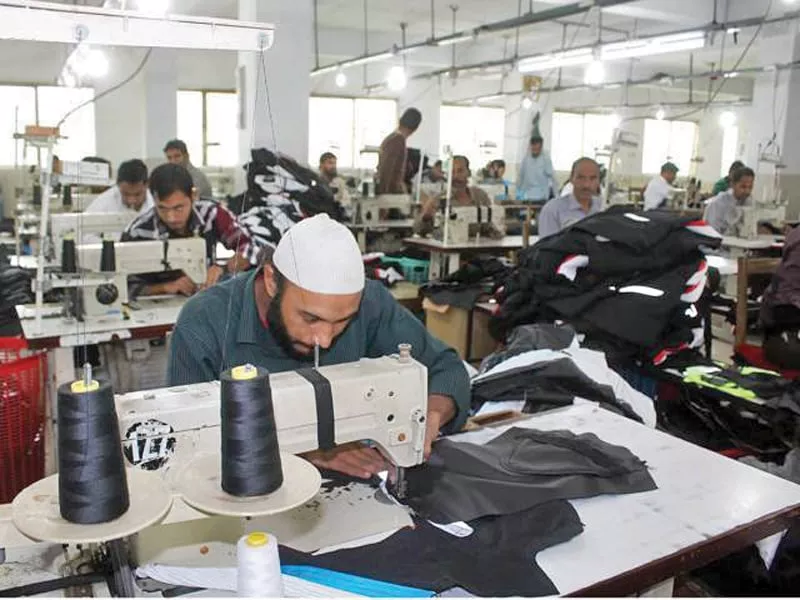SMBs turn to digital platforms to fight Covid
SMBs have been hit particularly hard due to their vulnerability to economic shocks.
KARACHI:The impact of the coronavirus pandemic on the economy has forced the small and medium-sized businesses (SMBs) to go for digital platforms in order to avoid closure and stay afloat, according to a Facebook survey.
The SMBs in Pakistan reported higher rates of closure by 28% compared with regional countries, rising from 23% in October and dropping from 38% in May last year, according to the survey conducted by Facebook on ‘Global State of Small Business’.
The Covid-19 pandemic has affected businesses around the world for over a year but the SMBs have been hit particularly hard due to their vulnerability to economic shocks. The closure rate of SMBs in India stood at 32%, 13% in Taiwan, and 16% in Taiwan.
The restrictions on business activities as a result of lockdowns and reduced consumer spending have imposed significant stress on these businesses.
Read Govt working to support SMEs
Business sectors most reliant on close customer interactions have been most affected by the pandemic. Hotels, cafes, and restaurants were most likely to be affected by closures amid declining sales, and falling workforce.
Globally, 25% of these businesses were closed, with 20% closed in the US, as per the survey. The majority of operational SMBs that reduced employment in Pakistan stood at 59%, Indonesia at 62%, Colombia at 62%, Mexico at 65%, and the Philippines at 68%, according to the survey report.
These SMBs laid off half or more of their employees, it added. Against the backdrop of lower sales and reduced cash flows, the SMBs were pessimistic about rehiring many of the employees laid off or furloughed during the pandemic.
About two-fifths of operational SMBs reported that they had rehired former employees in the past 3 months in South Africa 38%, Pakistan 39%, Indonesia 40%, Israel 41% and India 42%.
Given their importance to the economic recovery, it is essential that policymakers and government leaders understand their perspectives, challenges, and opportunities.
To provide information that can facilitate policy discussions on how to support the SMBs during this period, Facebook surveyed more than 35,000 SMB leaders in 27 countries, including Pakistan.
The survey aimed at assessing the state of SMBs and the impact of Covid-19 on these businesses. This survey investigated the effects of the pandemic on these businesses’ performance, how they adapted to the current circumstances, and the SMB leaders’ expectations for the future.
It also looked at the impacts of the pandemic on women-led and minority-led SMBs. This survey provides an update on the state of SMBs at the start of 2021.
Its report said that the pandemic’s impacts were expected to continue well into 2021 due to the resurgence of cases and the re-imposition of restrictions in many countries after a relative lull in the summer.
Read more Supporting SMEs during Covid-19
However, the development of vaccines has provided greater hope for economic recovery to build over the years. The World Bank forecasts significant growth in global GDP of 4.0%, albeit from lower 2020 levels (World Bank 2021).
“It is hoped that the evidence produced can provide valuable insights for policymakers and governments regarding the challenges facing small businesses, which will be at the heart of the economic recovery,” said the survey report.
“Businesses have needed to make many changes to the way they operate and interact with customers during the pandemic. These changes have focused on increasing both remote sales and work given the need for social distancing, supported by a variety of digital tools,” it added.
“Indeed, many SMBs have responded to the pandemic by building their digital capabilities, particularly women-led and minority-led SMBs and SMBs in middle-income countries. These changes include significantly increasing their participation in e-commerce and digitising their methods of communicating with customers,” the report suggested.


COMMENTS
Comments are moderated and generally will be posted if they are on-topic and not abusive.
For more information, please see our Comments FAQ